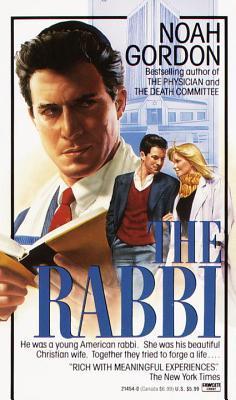What do you think?
Rate this book


435 pages, Mass Market Paperback
First published January 1, 1965
"-He entrado en el bosque -dijo Michael-, porque quería vivir deliberadamente, enfrentarme solo a los hechos esenciales de la vida y ver si podía aprender lo que tenía que enseñar y no descubrir, en la hora de la muerte, que no había vivido".
;I came to this book after reading "The winemaker" Noah Gordon absolutely trapped me with that one, and I felt that I needed to read everything I could put my hands on.
So I ran out and found this copy of the author's opera prima: